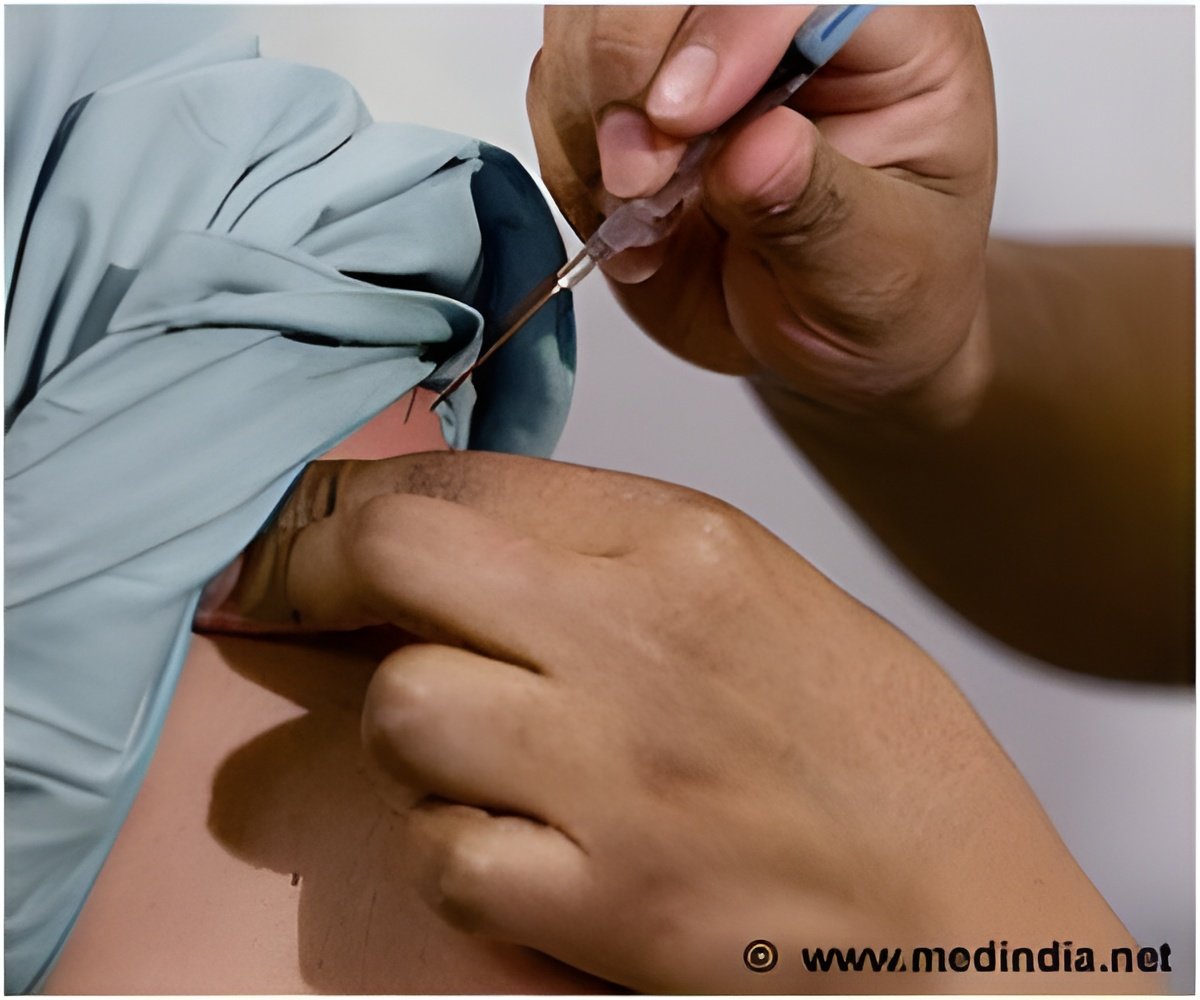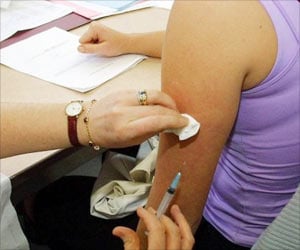Equity and improving vaccination coverage is the key to preventing resurgence of diseases, according to WHO.

‘Mapping hard-to-reach areas and population, addressing social and cultural and other barriers for them to access immunization services, and closely monitoring these activities for progress, should be among our immediate priorities.’





The WHO South-East Asia records about 37 million births every year, of them over 88 per cent children are now getting three doses of diphtheria, pertussis and tetanus (DPT) vaccines annually, an indicator of basic vaccination coverage. Mission Indradhanush, which focuses on 190 districts, is making impressive efforts to save more and more lives through immunization, the WHO said.
Launched in December 2014, Mission Indradhanush aims to immunize all children under the age of 2 years, as well as all pregnant women, against seven vaccine-preventable diseases -- diphtheria, whooping cough, tetanus, poliomyelitis, tuberculosis, measles and Hepatitis B and pneumonia.
Other countries such as Indonesia, Myanmar, Nepal and Bangladesh also earned the UN health body's praise for successfully averting outbreaks of deadly diseases such as cholera and measles as well as helping rapidly curtail diphtheria outbreaks.
Growing political commitment, stronger partnerships and the relentless efforts of thousands of health workers and vaccinators are collectively helping save millions of lives in the region, Singh said.
Advertisement










